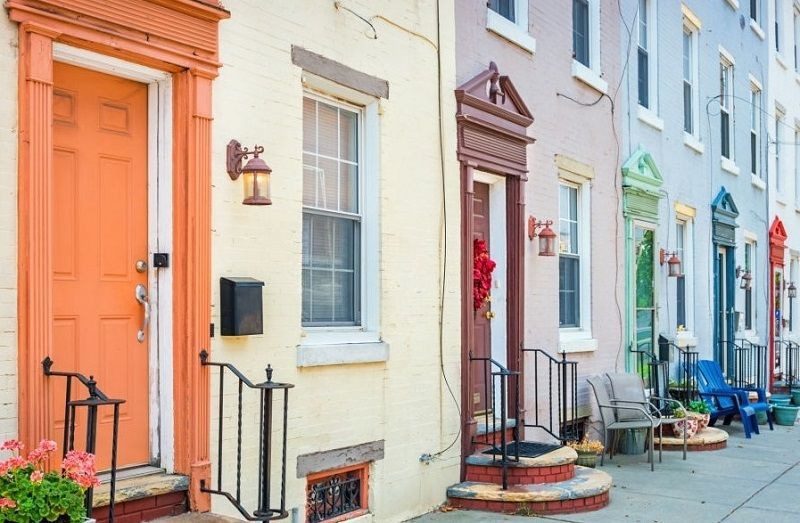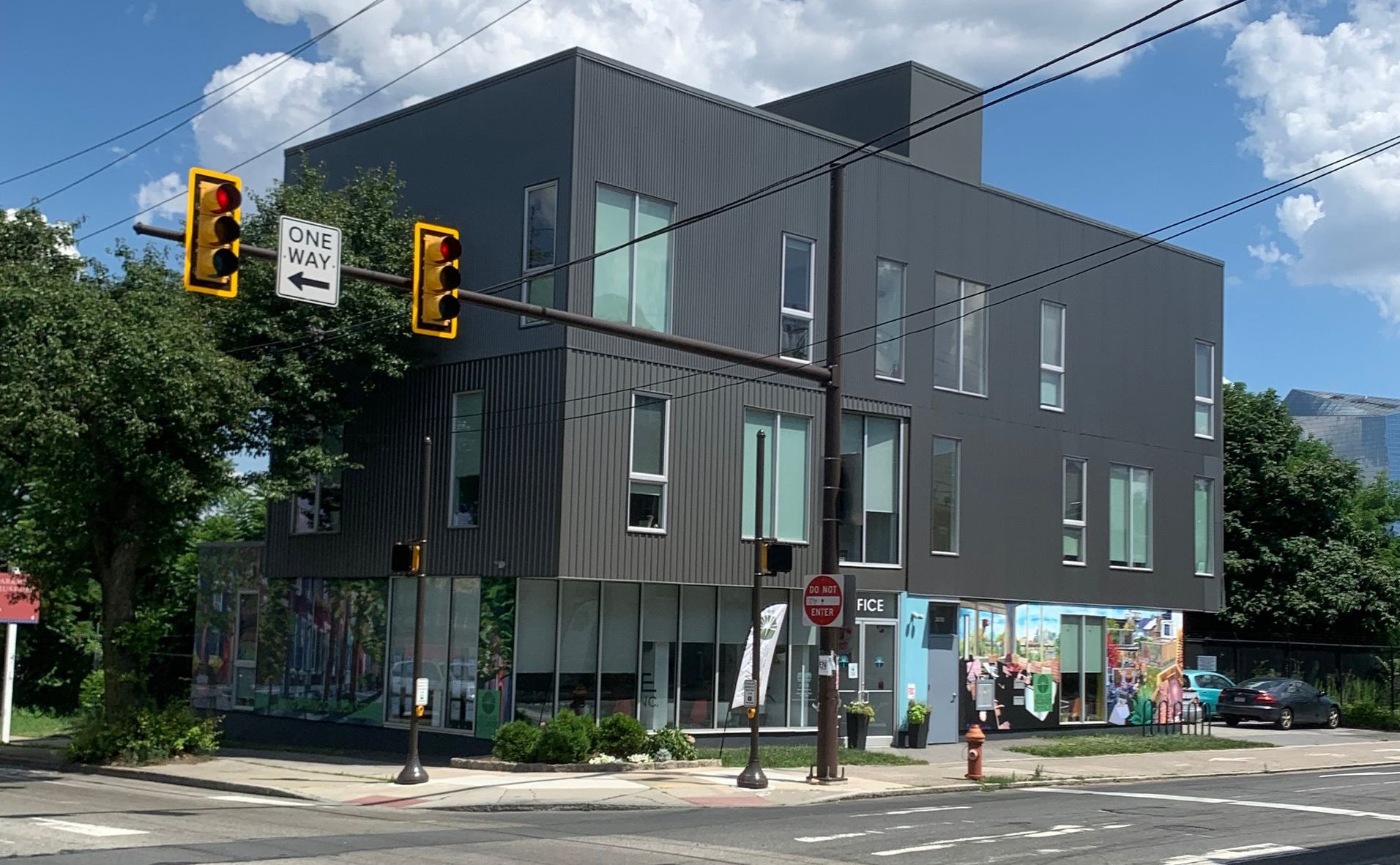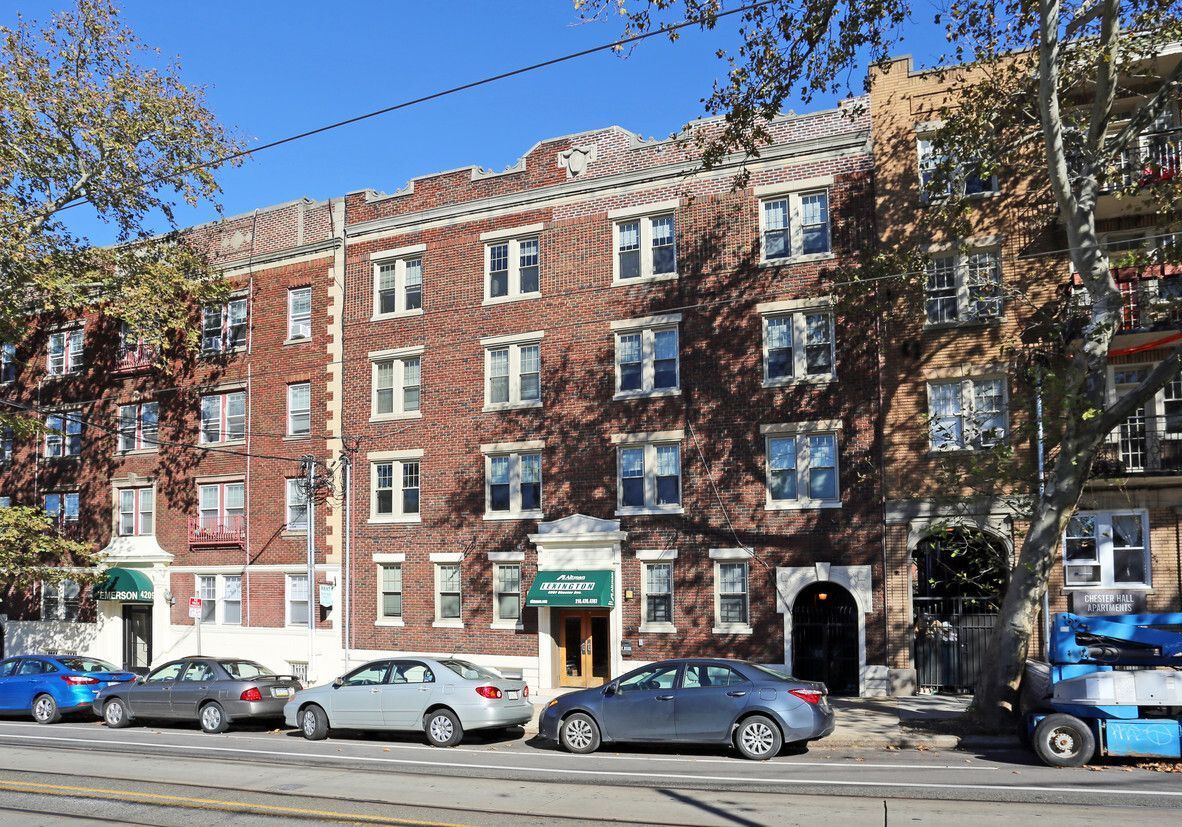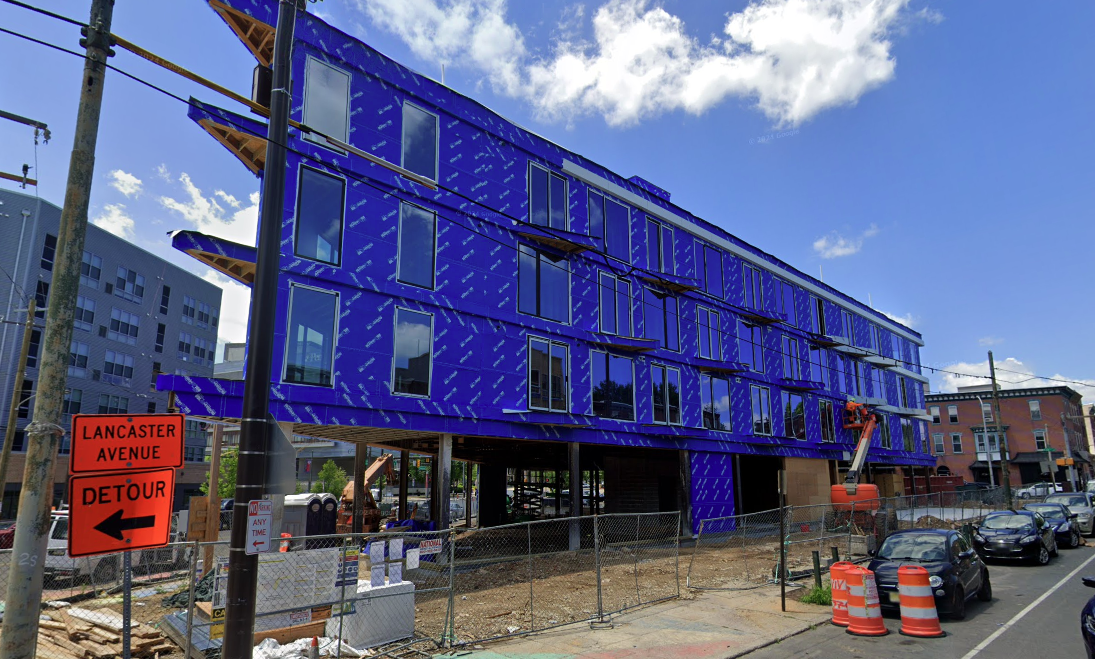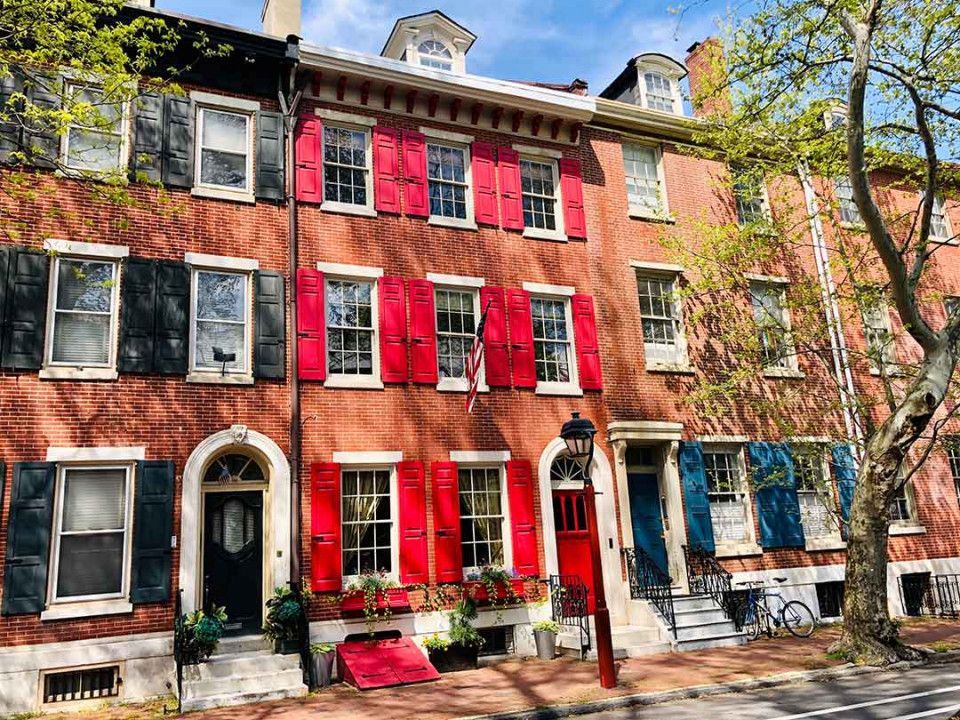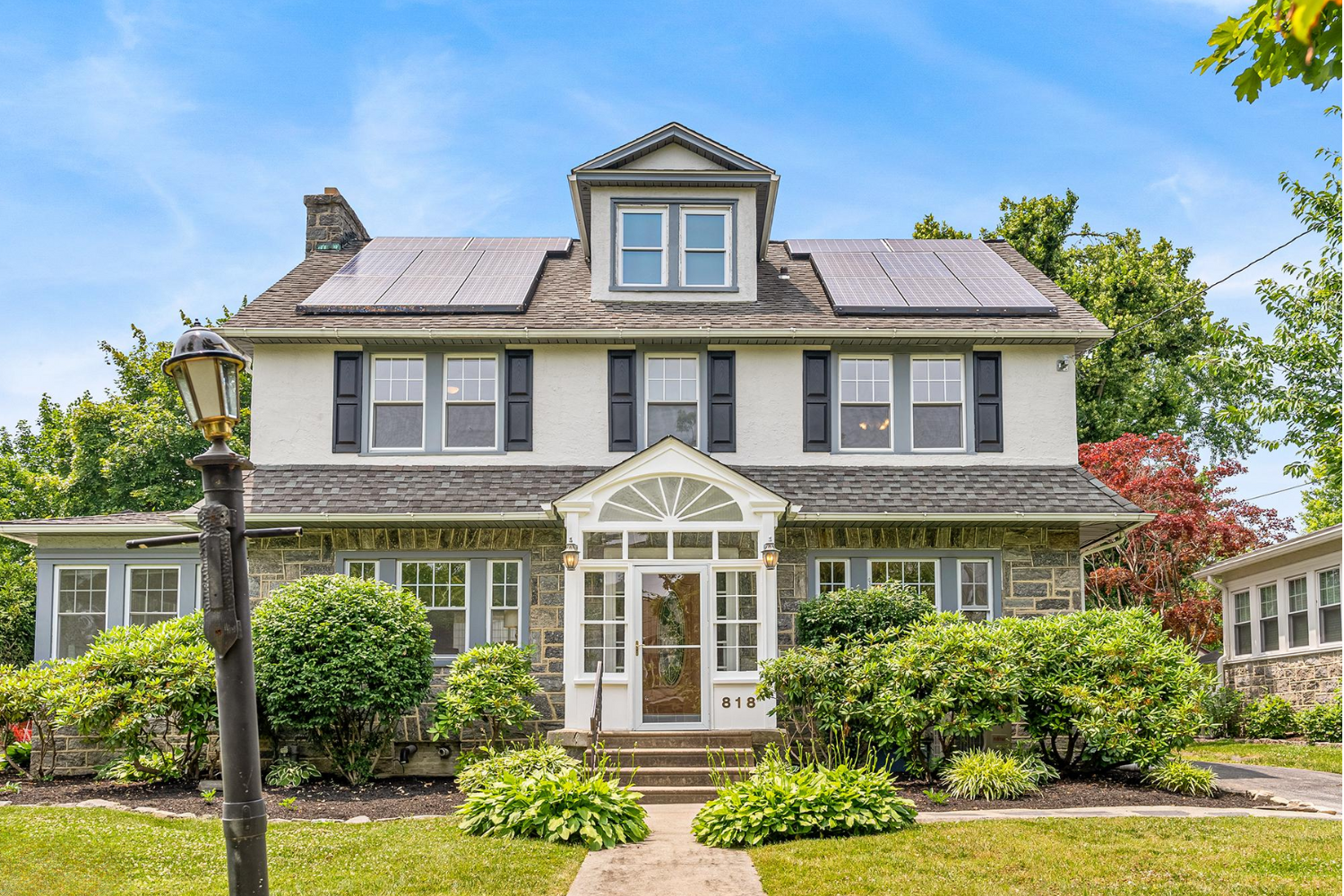1. Philadelphia Lead Certifications
The lead laws in Philadelphia are primarily focused on addressing lead poisoning and reducing lead exposure, particularly in properties where children are present. The laws aim to ensure safe and healthy living environments for residents, especially vulnerable populations such as young children.
The main aspects of the Philadelphia Lead Laws include:
- Lead Disclosure and Certification: Under the Philadelphia Lead Paint Disclosure and Certification Law, landlords are required to disclose information about lead-based paint and lead hazards in residential properties built before 1978, when lead-based paint was banned in the United States. Before signing a lease, landlords are required to provide tenants with a copy of the Philadelphia Department of Public Health's "Protect Your Family from Lead in Your Home" booklet.
- Certification of Lead-Safe Properties: Landlords of properties built before 1978 are required to certify that the property is lead-safe. This involves conducting a lead inspection or a risk assessment by a certified lead inspector or risk assessor. If lead hazards are found, appropriate abatement measures must be taken.
- Renovation and Repair Requirements: Contractors and property owners must follow proper lead-safe work practices when performing renovation, repair, or painting projects that might disturb lead-based paint in properties built before 1978. The work should be conducted by certified renovators and firms, and they are required to use lead-safe work practices to minimize lead dust and debris during the work.
- Lead Abatement: If lead hazards are identified in a property, lead abatement may be necessary. Abatement involves permanently removing or encapsulating lead-based paint to eliminate the hazard. This process must be carried out by certified lead abatement contractors.
- Educational Outreach: The Philadelphia Department of Public Health provides educational resources and programs to raise awareness about lead poisoning prevention, especially among families with young children. This includes information about the risks of lead exposure, how to identify lead hazards, and steps to take to protect against lead poisoning.
It's important to note that lead exposure, especially in young children, can have serious health consequences, including developmental and behavioral issues. The Philadelphia Lead Laws are designed to mitigate these risks by reducing lead hazards in homes and childcare facilities. A property management company like New Age has all the tools and resources to remain up-to-date on the ever-changing laws in Philadelphia, and we are here to ensure that your property remains compliant.
2. Philadelphia Evictions
Landlords in Philadelphia are required to provide tenants with proper notice before initiating the eviction process. The notice period can vary depending on the reason for eviction. Common types of eviction notices include non-payment of rent, lease violation, month-to-month tenancy, and illegal activity.
Let's dive into more details about the eviction process:
- Eviction Court Process: If the tenant does not comply with the eviction notice or does not vacate the property, the landlord must file a complaint in the Philadelphia Municipal Court to initiate the eviction lawsuit. Both the landlord and tenant have the right to present their cases before a judge.
- Tenant's Right to Cure: In some cases, tenants may be given the opportunity to "cure" the issue that led to the eviction notice. For example, if the eviction was due to non-payment of rent, the tenant might be able to pay the overdue rent within a certain timeframe to prevent eviction.
- Tenant Defenses: Tenants have the right to defend against eviction in court. Common defenses may include challenging the validity of the eviction notice, addressing habitability issues in the property, or asserting their rights under the lease agreement.
- Retaliation Protection: Philadelphia has laws that protect tenants from retaliatory eviction. This means landlords cannot evict a tenant in retaliation for the tenant's lawful actions, such as reporting code violations or joining a tenant organization.
- Writ of Possession:
If the court rules in favor of the landlord, the landlord can obtain a Writ of Possession, which allows law enforcement to physically remove the tenant from the property if they still refuse to leave.
- Lockouts and Self-Help Evictions: Landlords are generally prohibited from using self-help measures to evict tenants, such as changing locks or removing tenants' belongings. Evictions must go through the legal process.
It's important to note that specific procedures and timelines can vary based on the circumstances and the most current local regulations. If you're a landlord or tenant facing an eviction situation in Philadelphia, it's advisable to work with a property management company like New Age to ensure you have the latest and most accurate information.
3. Philadelphia Rental Licenses
Philadelphia has specific rental license laws in place to regulate rental properties and ensure that they meet certain standards for safety, habitability, and compliance with local regulations. Here's a general overview of the Philadelphia rental license laws:
- Rental License Requirement: In Philadelphia, landlords are required to obtain a rental license for each residential rental property they own. This applies to properties with one or more rental units, including single-family homes, duplexes, apartment buildings, and other residential rental properties.
- Application Process: Landlords must submit a rental license application to the Philadelphia Department of Licenses and Inspections (L&I) for each property they intend to rent out. The application typically requires information about the property, including the number of units, contact information for the landlord, and other relevant details.
- Property Inspection: As part of the rental license application process, the property may need to undergo an inspection conducted by L&I. The purpose of the inspection is to ensure that the property meets basic safety and habitability standards, including compliance with building codes, fire safety regulations, and other applicable requirements.
- Renewal:
Rental licenses in Philadelphia are typically valid for a specific period, often one year. Landlords are required to renew their rental licenses before they expire to maintain their legal status as rental property owners.
- Fees: There are usually fees associated with obtaining and renewing rental licenses. The fees can vary based on factors such as the number of rental units in the property and the type of property.
- Good Standing: Landlords must ensure that their rental properties are in compliance with city codes and regulations to be eligible for a rental license. If there are outstanding code violations or other issues, the license application could be denied until the issues are resolved.
- Consequences of Non-Compliance:
Operating a rental property without a proper rental license or failing to renew a license can result in penalties, fines, or legal action. Additionally, unlicensed rental properties may be subject to tenant complaints and disputes.
- Code Violations and Corrective Action: If code violations are identified during property inspections, landlords are typically required to address and correct these issues within a specified timeframe. Failure to address violations could lead to further penalties and legal actions.
- Housing Quality Standards:
Philadelphia's rental license laws are often aimed at ensuring that rental properties meet certain housing quality standards. This includes requirements related to heating, plumbing, electrical systems, sanitation, and overall safety.
- Tenant Notification: Landlords are generally required to inform tenants about the property's rental license status. This might include posting the license in a visible location within the property or providing tenants with written notice.
If you're a landlord or property owner in Philadelphia, it's important to stay informed about local regulations and have a company like New Age to consult with ensure compliance with rental license laws. Our team stays up-to-date on all current and updated laws.
On top of these 3 incredibly important laws, there are numerous key housing-related laws aim to safeguard both tenants and landlords that all landlords should be aware of. It's essential to keep in mind that these laws can evolve, necessitating ongoing awareness and adherence to current regulations. By utilizing a property management company like New Age Realty Group, you can ensure that all of your properties remain compliant so that you can continue generating income!

